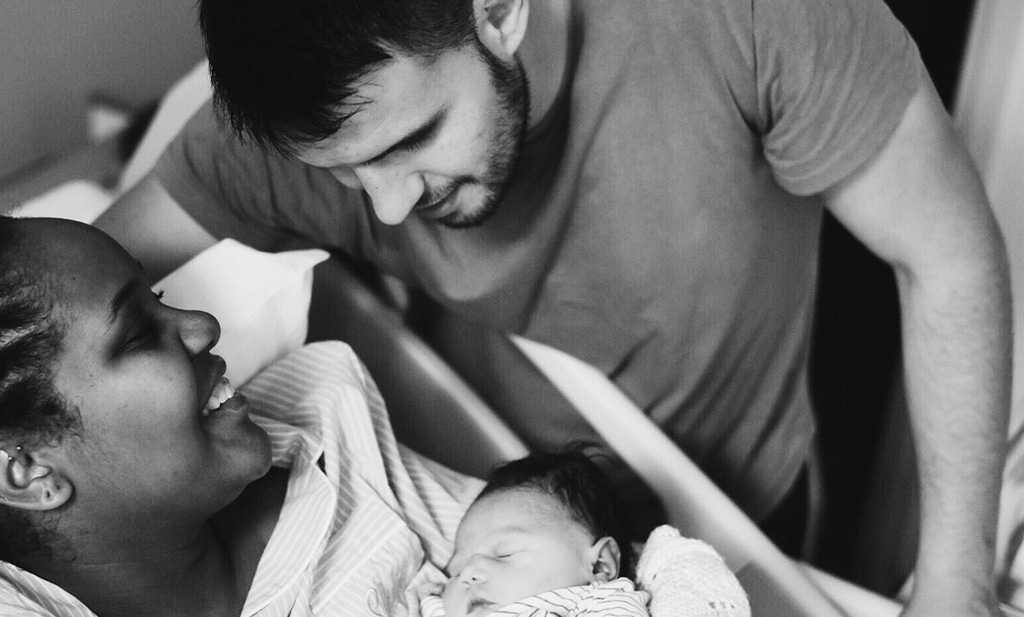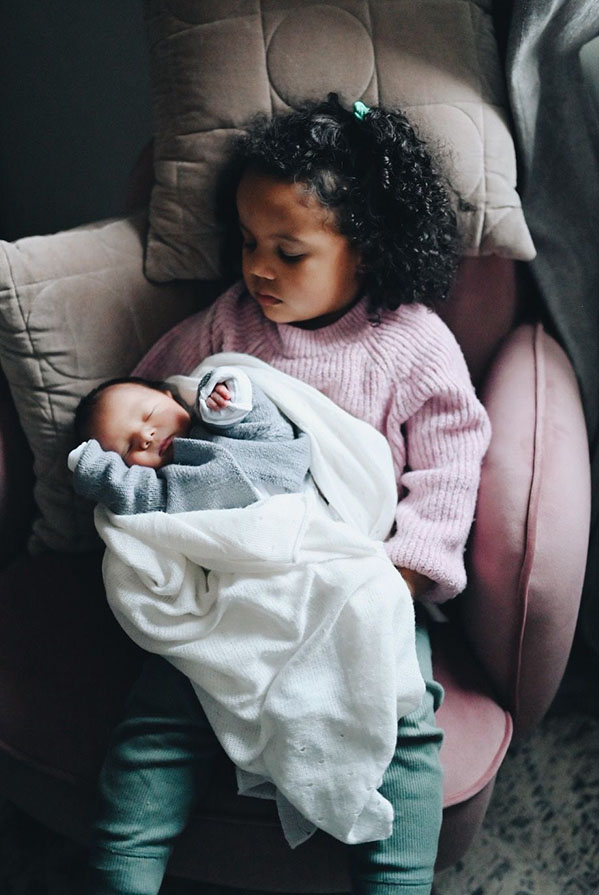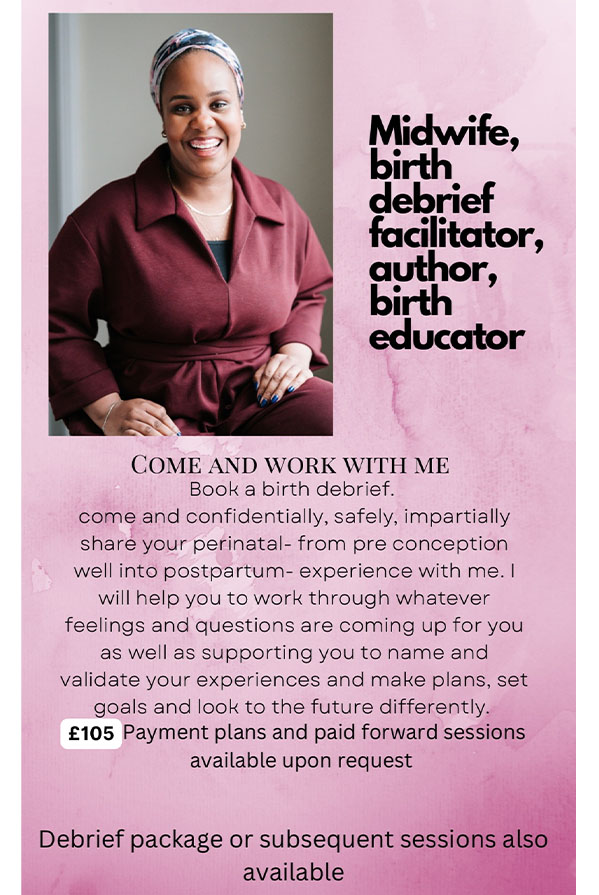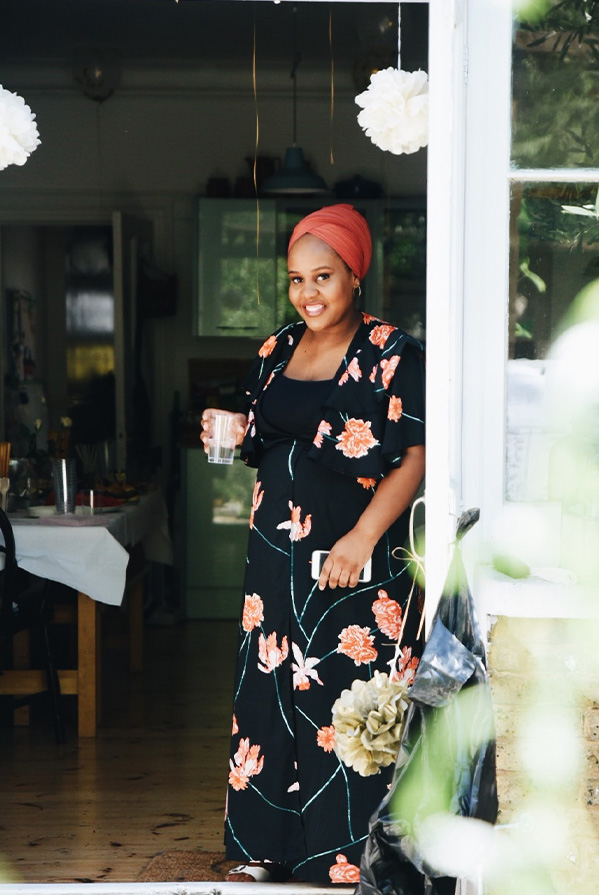
By Illiyin Morrison, perinatal trauma specialist midwife and birth debrief facilitator
I stumbled into the world of perinatal / birth trauma as an uncomfortable accident. A series of happenings that shaped my whole life and changed the trajectory of my career. I am a midwife, mother, podcaster, author and birth debrief facilitator. I help people to work through their traumatic experiences using a technique that I created called the reflect, redefine and reframe process.
It was vital in my healing and has been an excellent tool in helping those I support.
What is “birth trauma”?
On paper, my first birth looked like a normal birth that had escalated requiring intervention and had been managed according to protocol with no adverse impacts. This amongst midwifery and obstetric staff was normal. It was what we see every day and in fact would be considered “normal”. This made my experience of birth trauma all the more difficult. Because sadly, it felt anything but normal. It felt wrong, it felt scary, it felt disappointing and isolating. But that wasn’t documented. That wasn’t acknowledged. It wasn’t considered a traumatic birth, it wasn’t offered support or even a listening ear.
This is normal, it’s way more common than you think and that is down to what is perceived as trauma. This has its own biases based on clinical definition, lived experience and empathy from the practitioners. This is not to say that the practitioner was at fault but more so to say that the reality is that trauma is an internal response to an external event meaning that in actual fact, it’s the beholder that determines this.
This was me, externally my response to my birth experience was fine, but internally it was chaos. Absolute chaos.
The impacts of birth trauma
Post birth trauma, noise sensitivity truly became an issue from me and that doesn’t really bode well when you have a newborn. In fact, it can be really loud. Holding my baby close kept her quiet and therefore allowed my mind to also be a bit quieter. Noise sensitivity is quite a common side effect of birth trauma, but many will not associate it with that especially if they are parenting for the first time because the noise levels are new and overwhelming regardless.
Throughout my recovery from my daughter’s birth, I will never forget being left alone with her for the first time and hearing her screaming over and over and not knowing what to do. In my overstimulated haze, I remembered I had an Ergobaby baby carrier in the box under the stairs, I put her in it and what ensued was truly magic. Silence.
There were many more impacts of birth trauma, including hypervigilance where I would feel a real sense of panic if my daughter was far from me. I thought I could do it all and would insist that it was all my responsibility. In hindsight, I can most definitely see that this was not from a place of truly wanting to do it but from a fear of my child being far from me. This was a trauma response.
I also struggled with breastfeeding to the point of obsession and developed determination that I later realised came from a place of not wanting to “fail” at breastfeeding like I felt I had with the birth.
Feelings of failure
One of the biggest issues that comes up time and time again in my work, which is very reflective of my own experience is a sense of failure. Through my own healing, which has now become something I use in my work, I reframed failure as a lesson, this took some deep digging into what my role was and what was truly my fault, I found that truthfully, nothing was, not really, I had no context of birthing, I had never been in that situation before, I was in labour, stressed and exhausted, none of these were failures.
So much can lead to birth trauma, from clinical issues such as blood loss, induction of labour, emergency caesarean section or concerns around foetal or maternal wellbeing, but also the things that perhaps don’t appear traumatic such as not being listened to, not feeling supported, poor communication, lack of consent and so on. All may not be perceived equally from the outside looking in, but they may all have the same internal response. The point of this is to say that trauma is wholly yours, not to be determined or given the title by anyone other than the one who lives it, and it should then be acknowledged and validated externally.
What’s next after experiencing birth trauma?

This is not to say it’s all over once you have experienced birth trauma. You can work through it, learn to comfortably carry it. This can happen with support through a service like mine such as debriefing or more extensive trauma healing work such as EMDR, birth trauma counselling or something like 3 step rewind with a trained professional.
I used my own technique, as noted above and I went on to have the most healing birth and eased into early motherhood with my son, this was something that at the beginning I could never have foreseen.
What I will say is that overcoming birth trauma isn’t done just in order to have more children. You may decide that you do not want to grow your family but this doesn’t mean that the healing isn’t still essential.
Birth trauma: one take-away
If you take nothing else from this blog post, I want you to understand that you matter, as a whole individual, exclusive of your role as a parent. It matters that you have space for your feelings, that you are seen and validated, that your experiences are honoured, and your healing is prioritised. Never forget that you, and your birth trauma, matter.





